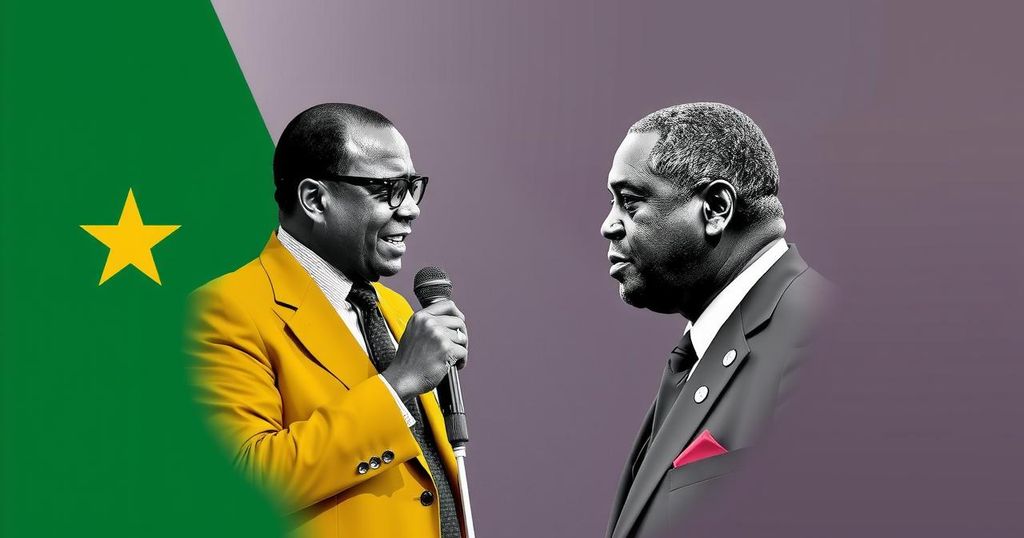Namibia’s Upcoming Election: A Potential Shift in Political Power
Namibia is conducting its seventh presidential election, with SWAPO’s candidate Netumbo Nandi-Ndaitwah vying to become Africa’s third female president. This election is crucial as it may mark the end of SWAPO’s 34-year rule. Analysts stress the election’s stakes, including economic and governance issues, highlighting the candidates’ agendas and the potential for a significant political shift in Namibia.
Namibia is set to conduct its seventh presidential election on Wednesday, marking a significant moment in the nation’s political trajectory since its independence from colonial rule 34 years ago. The ruling party, SWAPO, is headed by presidential candidate Netumbo Nandi-Ndaitwah, who has the potential to make history as the first female African president and the third woman president in all of Africa. Political analysts, including Rui Tyitende, have indicated that the stakes are high in this election, emphasizing the importance of voter turnout and the agendas of leading candidates.
The current political climate in Namibia is steeped in anticipation as the country approaches a critical election. SWAPO, which has governed since the nation’s independence in 1990, faces potential challenges from opposition parties, reflecting burgeoning discontent among voters regarding issues such as economic management and governance. The possibility of a shift in power poses questions about the stability and future direction of the country’s policies. Understanding the candidates’ platforms is essential to grasp the implications of the election results.
As Namibia prepares for its presidential elections, the potential end of SWAPO’s three-decade rule looms large. Should SWAPO succeed, it would mean continuity under Netumbo Nandi-Ndaitwah’s leadership, potentially paving the way for a historic presidency. However, if opposition gains ground, it could signify a transformative shift for Namibia’s political landscape, underscoring the critical nature of this electoral event and the importance of engaged citizenship.
Original Source: www.voaafrica.com




Post Comment